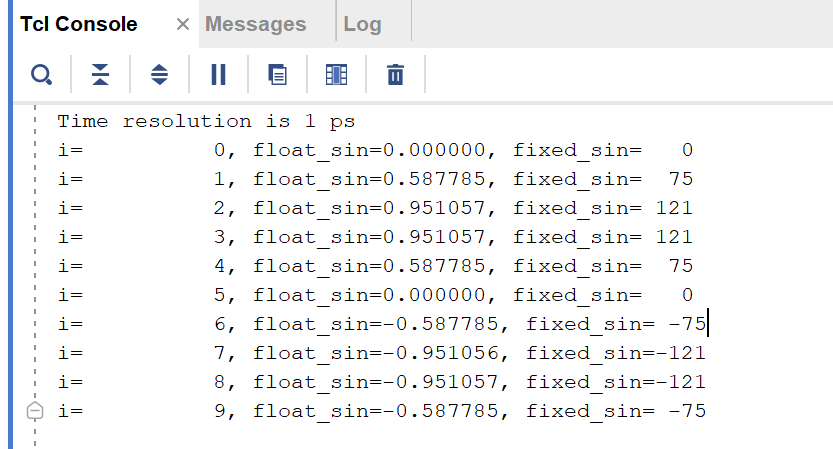字符串的匹配
实例说明:
本实例实现对两个字符串进行匹配操作,即在第一个字符串中查找是否存在第二个字符串。如果字符串完全匹配,则提示匹配的信息,并显示第二个字符串在第一个字符串中的开始位置,否则提示不匹配。
实现过程:
(1)在TC中创建一个C文件。
(2)引用头文件,代码如下:
#include <stdio.h>
#include <string.h>
#include <conio.h>(3)自定义函数match(),实现字符串匹配操作。代码如下:
int match(char *B,char *A){
int i,j,start = 0;
int lastB = strlen(B) - 1;
int lastA = strlen(A) - 1;
int endmatch = lastA;
for (j = 0; endmatch <= lastB;endmatch++,start++)
{
if (B[endmatch] == A[lastA])
for ( j = 0,i = start; j < lastA && B[i] == A[j]; )
i++,j++;
if (j == lastA)
{
return (start+1);
}
if (endmatch > lastB)
{
printf("The string is not matchable!");
return -1;
}
}
}(4)创建 main()函数,在此函数中调用 match()函数,将得到的结果输出在窗体上。代码如下:
int main(int argc, char const *argv[])
{
char s[] = "One world,onr dream";
char t[] = "world";
int p = match(s,t);
if (p != -1)
{
printf("Matchable!\n");
printf("The start position is %d", p);
}
printf("\n");
getch();
return 0;
}
(5)完成代码如下:
#include <stdio.h>
#include <string.h>
#include <conio.h>
int match(char *B,char *A){
int i,j,start = 0;
int lastB = strlen(B) - 1;
int lastA = strlen(A) - 1;
int endmatch = lastA;
for (j = 0; endmatch <= lastB;endmatch++,start++)
{
if (B[endmatch] == A[lastA])
for ( j = 0,i = start; j < lastA && B[i] == A[j]; )
i++,j++;
if (j == lastA)
{
return (start+1);
}
if (endmatch > lastB)
{
printf("The string is not matchable!");
return -1;
}
}
}
int main(int argc, char const *argv[])
{
char s[] = "One world,onr dream";
char t[] = "world";
int p = match(s,t);
if (p != -1)
{
printf("Matchable!\n");
printf("The start position is %d", p);
}
printf("\n");
getch();
return 0;
}
运行结果:

技术要点:
本实例创建了自定义函数 matchO进行字符串的匹配操作。matchO)函数包含两个参数参数B为要进行匹配操作的字符串,其类型为字符型指针;参数A为用来匹配的字符串使用循环语句比较A字符串最后一个字符是否与B中字符相同,如果相同,使用循环语句比较A与B是否匹配。
希望能对您的学习和工作有所帮助!










![NSSCTF练习记录:[SWPUCTF 2021 新生赛]include](https://i-blog.csdnimg.cn/direct/7b05761747f541c095722761540bfc40.png)







